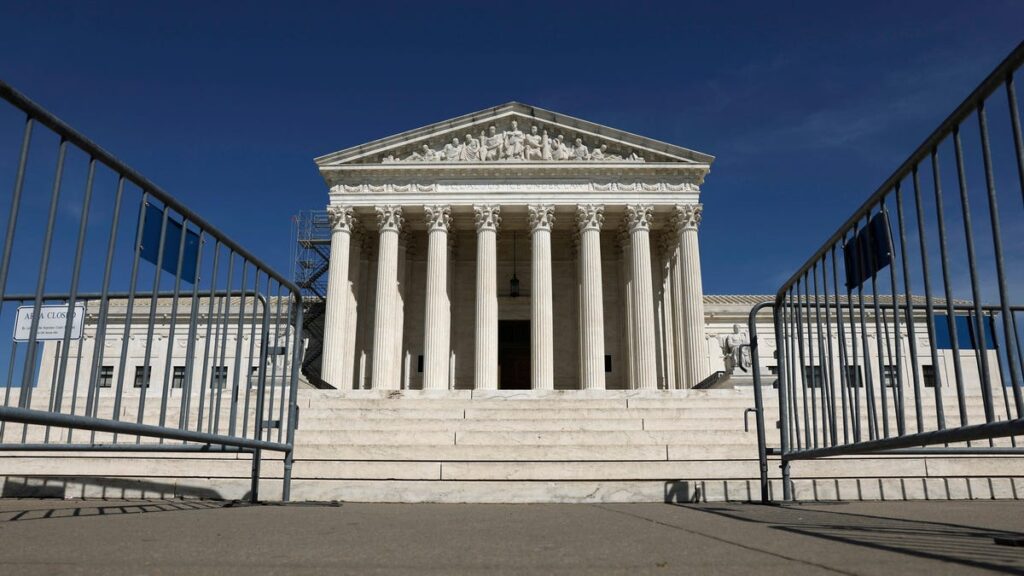Supreme Court Will Decide How Long It Should Take To Get Your Car Back When Cops Steal It Via Civil Asset Forfeiture

The Supreme Court heard oral arguments yesterday over whether or not it should be easier for the owners of cars and other property taken via civil asset forfeiture to petition for their return, the New York Times reports. Several judges appeared sympathetic to the fact that civil asset forfeiture can be so easily abused. At the same time, though, some also reportedly expressed concern that the two cases before the court may not be the best ones to use to make it easier to recover property that has been seized.
Two Cars Is Always Better Than One | What Car Should You Buy?
“Clearly there are some jurisdictions that are using civil forfeiture as funding mechanisms,” Justice Neil Gorsuch said before expressing sympathy for innocent people who struggle to get their property back in a system that puts up significant barriers for them. Justice Sonia Sotomayor agreed, saying, “We know there are abuses of the forfeiture system. We know it because it’s been documented throughout the country repeatedly.”
Justice Gorsuch also added, “Is this the case that presents the due process problem that we should be worried about?”
The cases before the court involve Alabama’s civil asset forfeiture process. One woman, Halima Culley, had her 2015 Nissan Altima taken after her son was pulled over and found to have marijuana in the car. Another, Lena Sutton, had her 2012 Chevrolet Sonic seized after lending it to a friend who was pulled over for speeding and found to have meth. The women were able to get their cars back, but the process took more than a year in both cases.
The women argue that they should have been able to receive interim hearings that would have allowed them to get their cars returned more quickly, but lower courts initially ruled against them. Still, their lawyer argues that requiring interim hearings would be “workable and effective.”
“There are real problems here, and those problems would be solved if you got a really quick probable cause determination. Why should we not do that?” Justice Elena Kagan asked Alabama’s Solicitor General Edmund LaCour. LaCour argued that “ample process was provided” and that the state had “a strong interest as well in making sure that crime doesn’t pay.”
Justice Sotomayor, however, expressed concern that punishing innocent people is a bigger problem, saying, “These cases are most important for one group of people: innocent owners. Because they are people who claim they didn’t know about the criminal activity. Many of these cases involve parents with teenage or close-to-teenage children involved in drug activity. The ones that don’t may involve spouses or friends.”
It’s currently not clear how the court plans to rule or how narrow the eventual ruling will be. Hopefully, though, the court ultimately comes down on the side of making it easier for people not involved in any crimes to get their stuff back.



